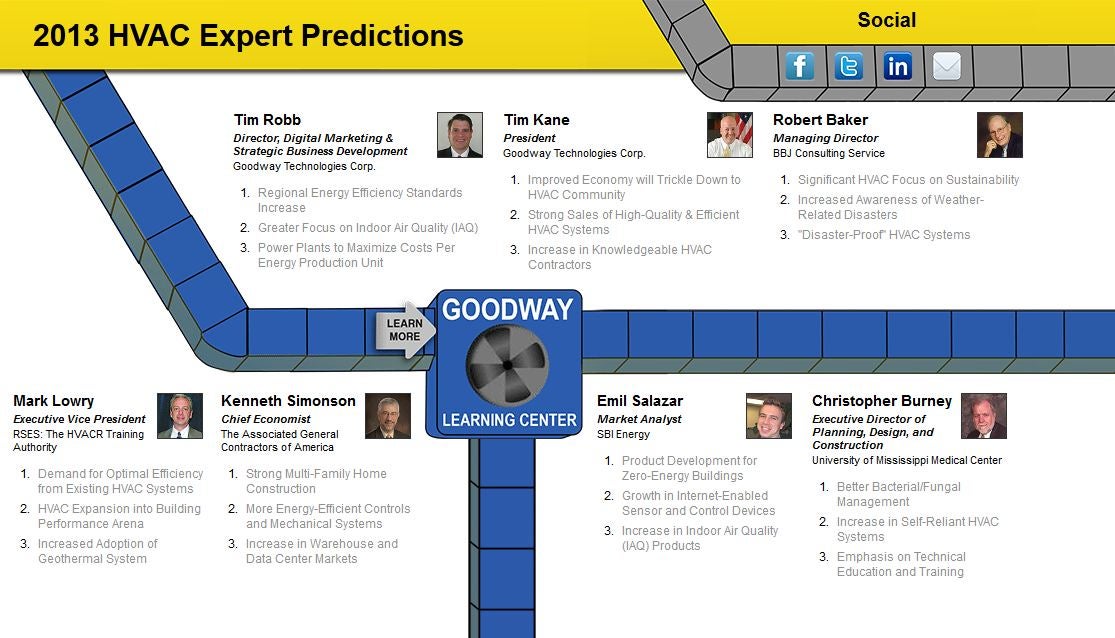The Future Of Home Home Heating - Exactly How Heatpump Technology Is Developing
The Future Of Home Home Heating - Exactly How Heatpump Technology Is Developing
Blog Article
Content Writer-Dawson Byrne
Heat pumps will certainly be an essential innovation for decarbonising heating. In a scenario consistent with governments' introduced power and environment commitments, their international capacity increases by 2030, while their share in home heating rises to one-quarter.
They work best in well-insulated homes and depend on electrical energy, which can be provided from a renewable power grid. find more information are making them extra effective, smarter and more affordable.
Gas Cells
Heat pumps use a compressor, cooling agent, coils and fans to move the air and warm in homes and devices. They can be powered by solar energy or electrical energy from the grid. They have actually been getting popularity as a result of their affordable, peaceful procedure and the ability to produce electrical power throughout peak power demand.
Some firms, like IdaTech and BG MicroGen, are working on fuel cells for home heating. These microgenerators can replace a gas central heating boiler and generate some of a residence's electrical needs with a link to the electrical power grid for the rest.
But there are reasons to be unconvinced of using hydrogen for home heating, Rosenow says. It would certainly be pricey and inefficient contrasted to other technologies, and it would certainly contribute to carbon emissions.
Smart and Connected Technologies
Smart home innovation allows homeowners to link and control their devices remotely with using mobile phone applications. For instance, smart thermostats can discover your heating choices and immediately adjust to enhance energy intake. Smart lighting systems can be managed with voice commands and automatically switch off lights when you leave the area, reducing energy waste. And clever plugs can keep track of and handle your electric usage, enabling you to recognize and limit energy-hungry home appliances.
The tech-savvy household depicted in Carina's meeting is an excellent picture of just how passengers reconfigure space heating methods in the light of brand-new wise home modern technologies. They depend on the devices' automatic features to perform everyday modifications and regard them as a convenient ways of performing their heating practices. Thus, they see no factor to adapt their practices further in order to enable adaptability in their home power demand, and interventions aiming at doing so may encounter resistance from these homes.
Electrical power
Considering that heating homes accounts for 13% of US exhausts, a switch to cleaner options could make a big distinction. However the innovation encounters challenges: It's expensive and calls for substantial home restorations. And it's not constantly suitable with renewable resource resources, such as solar and wind.
Till recently, electric heat pumps were as well costly to compete with gas designs in most markets. But brand-new innovations in design and materials are making them extra inexpensive. And far better cool climate performance is allowing them to operate well also in subzero temperature levels.
Read Even more following action in decarbonising home heating might be making use of heat networks, which attract heat from a main source, such as a neighboring river or sea inlet, and distribute it to a network of homes or buildings. That would minimize carbon emissions and enable households to capitalize on renewable energy, such as eco-friendly electrical power from a grid supplied by renewables. This alternative would certainly be much less expensive than switching to hydrogen, a fossil fuel that calls for new infrastructure and would only reduce CO2 exhausts by 5 percent if coupled with improved home insulation.
Renewable Energy
As electrical energy prices drop, we're beginning to see the exact same pattern in home heating that has actually driven electrical cars into the mainstream-- yet at an even faster pace. The solid climate case for electrifying homes has actually been pressed further by brand-new research study.
Renewables represent a substantial share of modern heat usage, yet have been given restricted policy interest internationally contrasted to other end-use industries-- and even less focus than power has. Partly, this reflects a mix of customer inertia, split motivations and, in many nations, subsidies for nonrenewable fuel sources.
New technologies could make the shift much easier. For example, heatpump can be made more energy effective by replacing old R-22 refrigerants with new ones that do not have the high GWPs of their predecessors. Some professionals also picture district systems that draw warmth from a nearby river or sea inlet, like a Norwegian fjord. The cozy water can then be made use of for heating & cooling in a neighborhood.